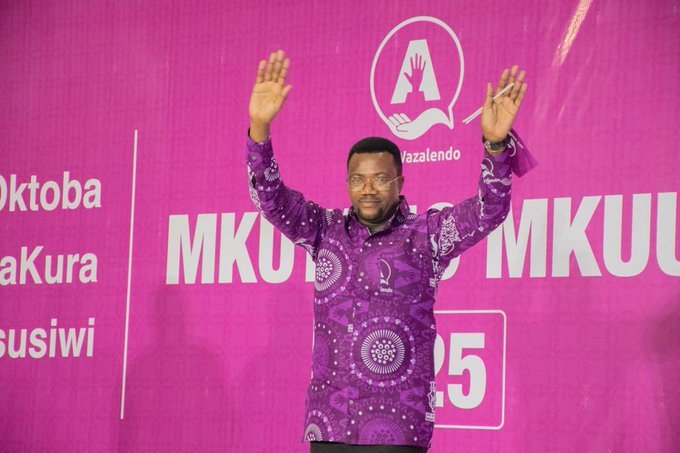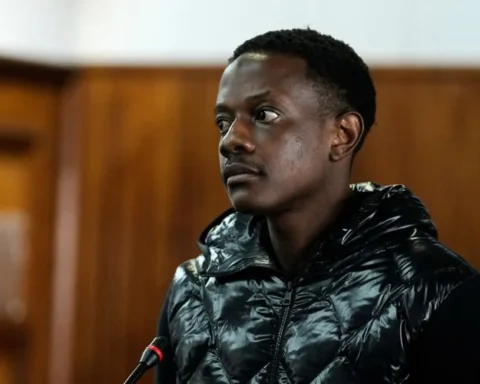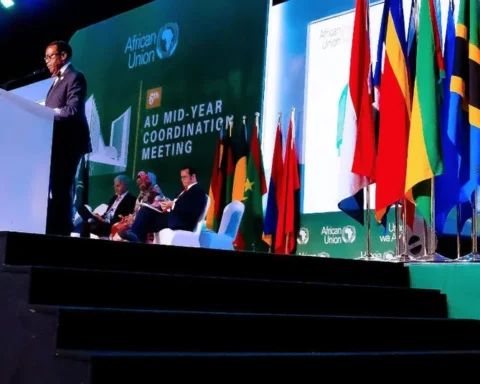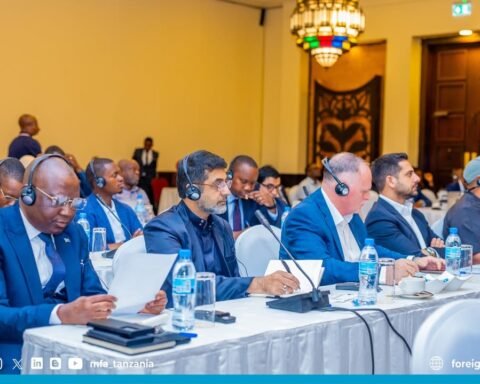The High Court in Dodoma has opened hearings in a politically charged case that could shape the direction of Tanzania’s democracy ahead of the October 2025 general election.
Opposition party ACT-Wazalendo is challenging the disqualification of its presidential candidate, Luhaga Mpina, arguing that electoral authorities acted unlawfully when they barred him from the race. The case, filed under a certificate of urgency, directly questions the decision of the Registrar of Political Parties and the Independent National Electoral Commission (INEC), and whether their move amounted to an overreach of constitutional powers.
During Thursday’s hearing, a three-judge bench led by Justice Abdi Kagomba listened to preliminary arguments. While the court declined ACT-Wazalendo’s request to halt the nomination process, it ordered INEC and the Attorney General to file their defense within five days, a compressed timeline that reflects the urgency of the matter. The case will resume on September 3, 2025, with proceedings made available for live online viewing to ensure transparency. Judges, however, warned against unauthorized recordings.
Also Read; Algeria To Champion African Unity At Trade Fair
For many Tanzanians, the case has become more than a legal contest. With President Samia Suluhu Hassan already cleared to run for the ruling party, and the main opposition party CHADEMA sidelined after its leader was disqualified and remains in custody, Mpina’s fate has become symbolic of the broader struggle over political competition. Analysts say the outcome could decide whether voters face a genuine multiparty election or a race dominated by a single party.
The stakes are high. Tanzania, long regarded as one of East Africa’s more stable nations, has seen mounting tensions around political freedoms in recent years. Civil society groups argue that the courts now carry the responsibility of safeguarding constitutional rights and ensuring that elections remain meaningful.
International observers are also watching closely. Diplomatic sources say the handling of the case will influence Tanzania’s image abroad, especially as it seeks to strengthen ties with global partners and maintain its reputation as a stable democracy. The 2025 Tanzanian general election, scheduled for October 29, is now shaping up to be one of the country’s most contentious in decades.







